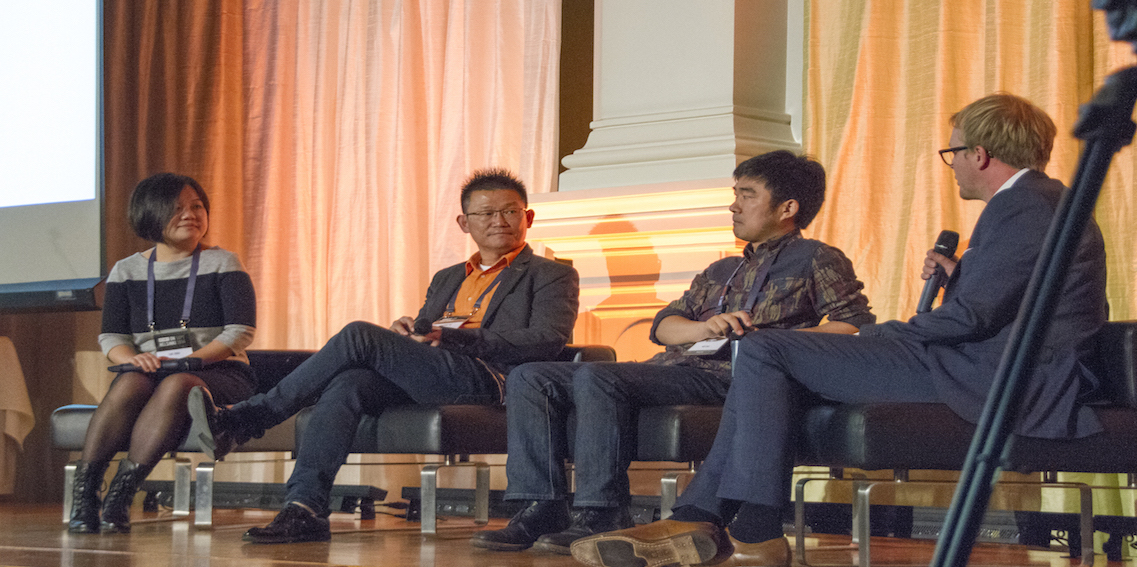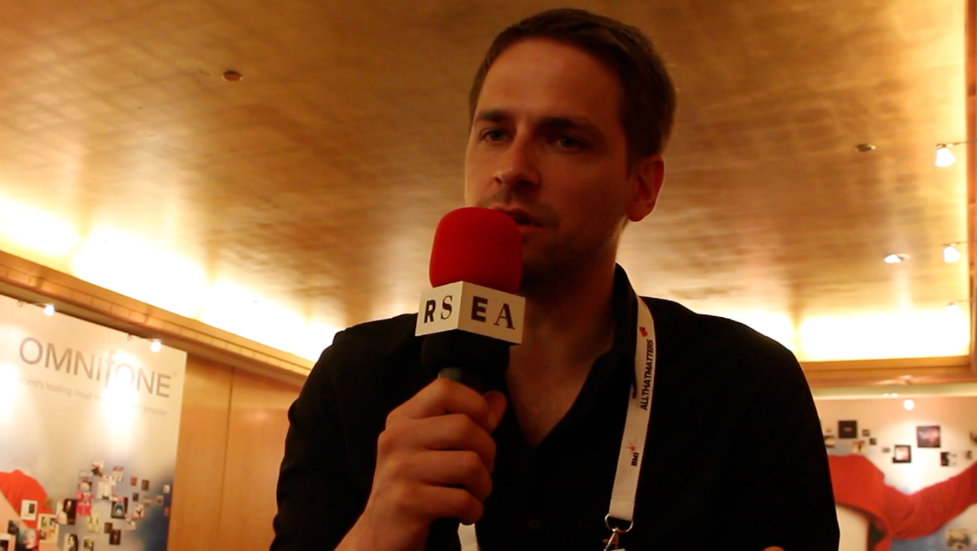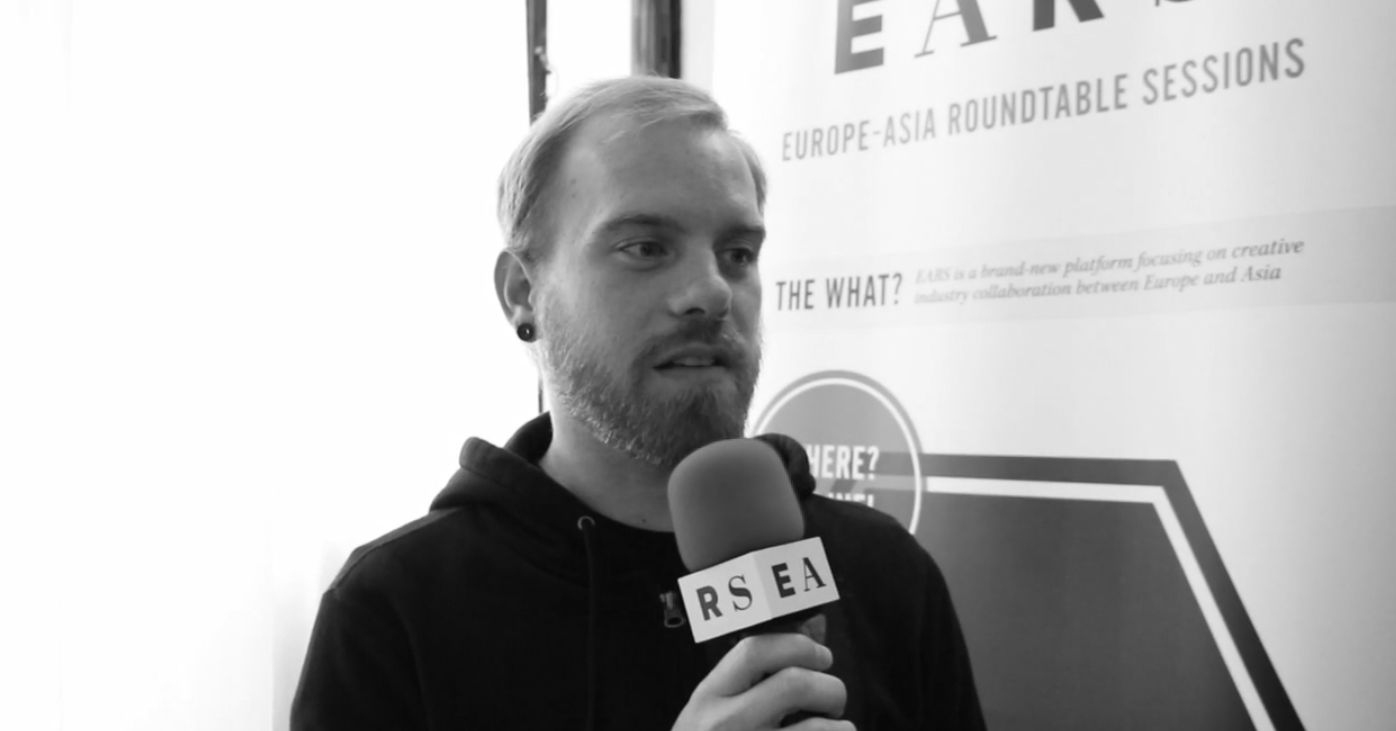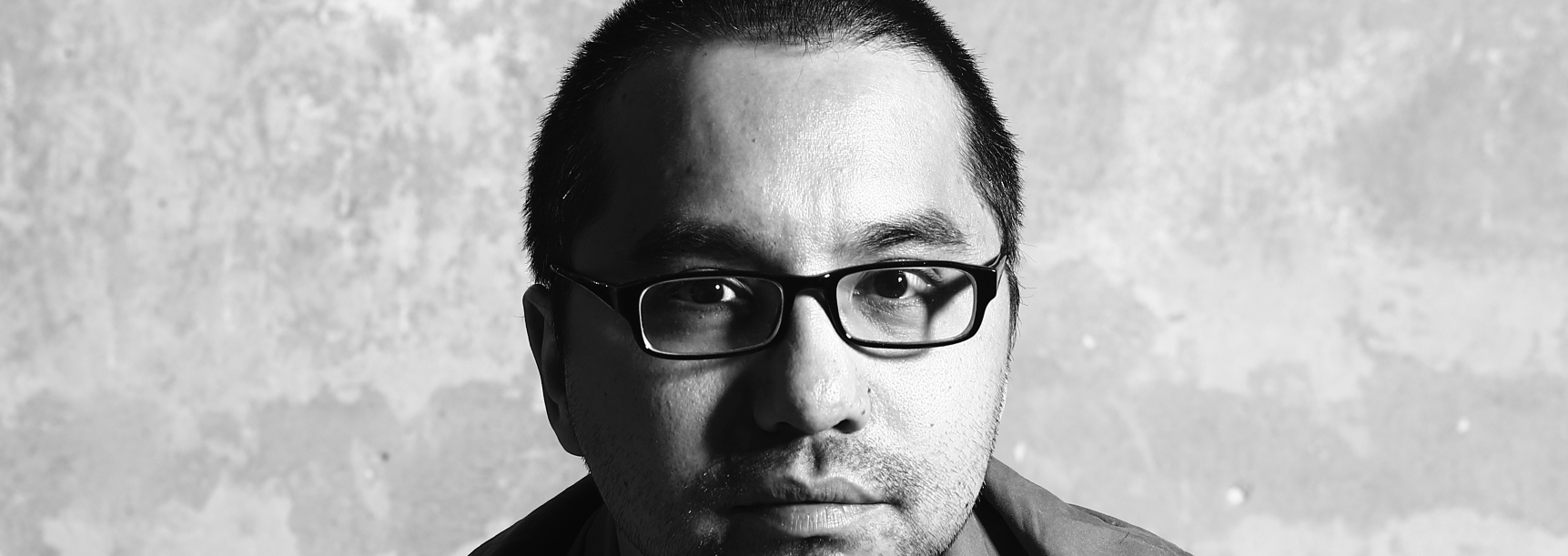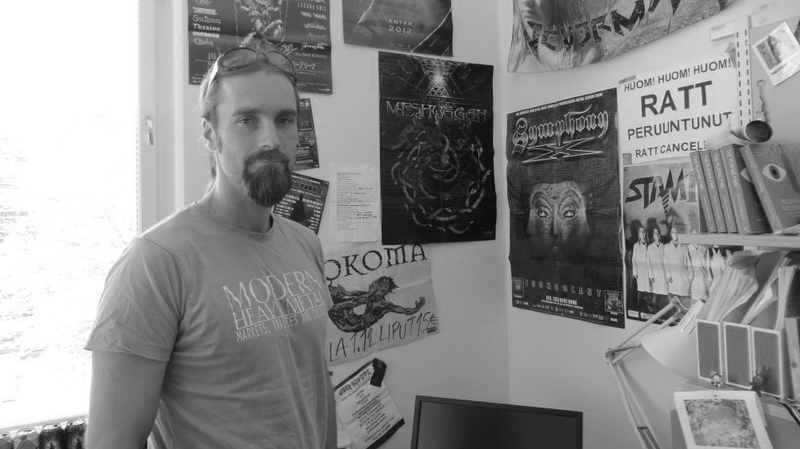
Toni-Matti Karjalainen is working as Academy Research Fellow at the Aalto University School of Business. At the moment he is doing a five-year research project focusing on trade of cultural narratives in the rock music industry. EARS got the chance to meet the guy and talk about those cultural narratives and academic collaborations between Europe and Asia.
What is your academic history and what has Asia got to do with it?
15 years ago I was writing my Master’s thesis for Nissan. That’s how it all really started with Japan. Afterwords I have done collaboration projects with Japanese companies, one-way research projects, researcher exchanges between universities, lectures at Kyoto Institute of Technology and various institutes in Tokyo. For years now I have been also lecturing and collaborating with South Korean Universities and companies. At some point my personal interest towards music also became the topic of my research.
What cultural narratives are present in the rock music industry?
Finland has a positive reputation in Japan. In the Japanese music industry, Finland is the key word of getting the attention from local consumers: Finnish music has its roots deep in our original culture, which is interesting and exotic in Japan. Especially heavy metal fans know Finland as a small home country of various metal bands. These bands are representing the whole Finnish culture when touring in Japan: I’ve witnessed a heavy metal guitarist sign a Moomin troll and answer fans questions about the latest Marimekko‘s print pattern. I see this as a sign of wide interest towards Finnish culture, but also about open mindedness of Japanese consumers who don’t feel the need to categorize culture as design, music and Moomins. They take it all in and embrace it.
What kind of experiences do you have with collaboration with Asian universities?
Mostly my experiences have been good: the collaborations have been carried out with good spirit and mutual satisfaction. Japanese universities vary from Finnish ones in educational, operational and scientific principles. This makes some academic collaborations more difficult than others. The cultural barrier is the biggest factor, language another one. By learning some Japanese you already make a big impression on local partners. Differences in research are also clear: in Finland research results go deeper and are wider as in Asia, the results are concrete and easier to interpret.
What kind of collaborations would you like to do in the future between Europe and Asia in the cultural and academic fields?
I see Universities as great contact networks and impartial embassies between different countries and operatives. Their neutral approach makes universities perfect collaboration partners in various projects. For example, Aalto University has a Design Factory in Shanghai. If I’d meet a Finnish designer interested in starting a business in China, I would advise to contact Design Factory to get guidance on Shanghai’s design field.
In the future, I would like to see more cross art projects in Japan with Finnish culture as the main topic. Surprising combinations and creative madness interest Japanese whose local culture limits people’s creative way of thinking. Finnish art could be seen as an escape from the bureaucratic society.
More information about Toni-Matti Karjalainen on his website.
EARS – Europe-Asia Roundtable Sessions is a platform focusing on creative industry collaboration between Europe and Asia. The next EARS event will be held in Helsinki, August 27-30, showcasing the latest developments from the fields of design, music, performing arts, literature, marketing and media.

